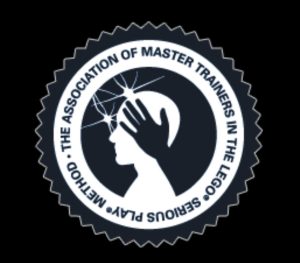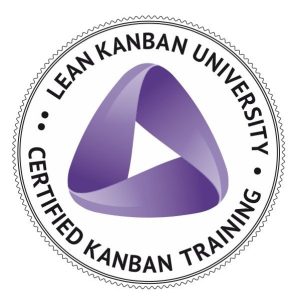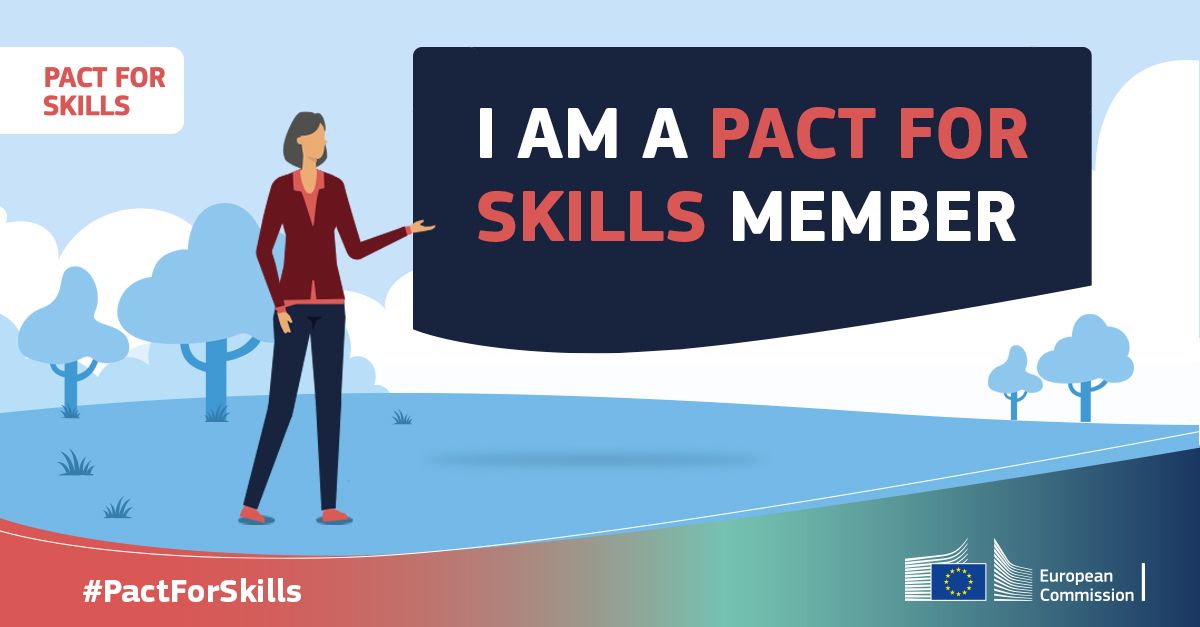
YOUth
Bridging the GAP of social fairness and jobs for the next generation
Aligning the needs of the education and training systems with the evolving demands of the labor market and to ensure that all young people, regardless of their background, have equal access to opportunities, and understanding the European Union’s perspective on these issues and the measures being taken to address them.
One of the most pressing issues for Generation Z is the mismatch between their skills and the demands of the job market. Despite being the most digitally literate generation, many young people are finding it difficult to secure jobs that match their qualifications. This mismatch is often due to a lack of specific skills that employers need, such as digital competencies, soft skills, or specialized technical knowledge. This disconnect between education systems and labor market requirements exacerbates the risk of unemployment or underemployment for young people, contributing to higher levels of poverty among this demographic
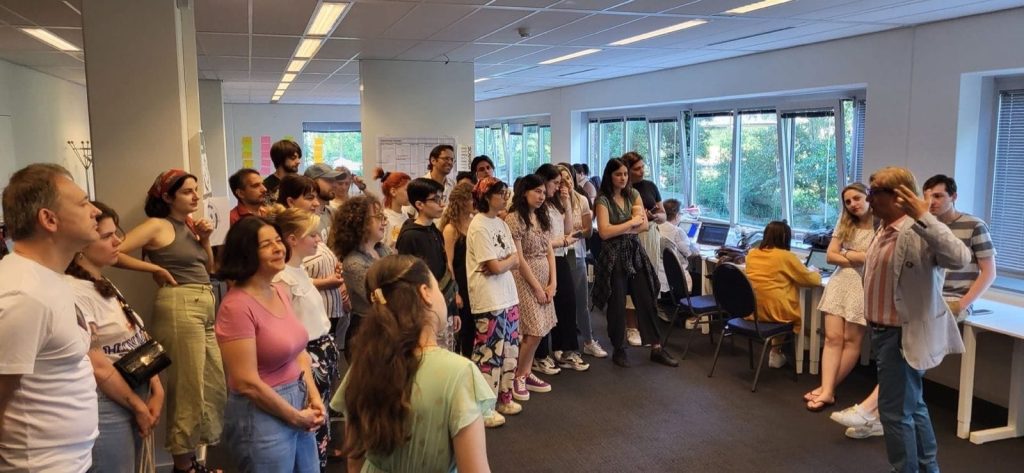
Moreover, social exclusion is a growing concern as the labor market becomes increasingly polarized. Many young people, particularly those from disadvantaged backgrounds, are unable to access quality education or training opportunities that would allow them to acquire the skills needed in a rapidly changing economy. As a result, they are at a greater risk of being left behind, trapped in low-wage, insecure jobs, or excluded from the labor market altogether. This not only affects their economic prospects but also threatens social cohesion, as rising inequalities can lead to social unrest and a lack of trust in institutions.

The European Union (EU) has recognized these challenges and is actively working to address them through various policies and initiatives. For instance, the European Skills Agenda and the Youth Employment Support package aim to enhance skills development and facilitate labor market integration for young people. The EU also promotes social inclusion through the European Pillar of Social Rights, which includes principles related to education, training, and access to quality jobs. By fostering inclusive growth and ensuring that no one is left behind, these efforts seek to strengthen social cohesion and reduce poverty across Europe.
However, more needs to be done to align education and training systems with the evolving demands of the labor market and to ensure that all young people, regardless of their background, have equal access to opportunities. Addressing the skills mismatch and social exclusion will require a coordinated effort from governments, educational institutions, employers, and civil society. Only by working together can we create a future where Generation Z can thrive, contribute to economic growth, and enjoy a fair and cohesive society.
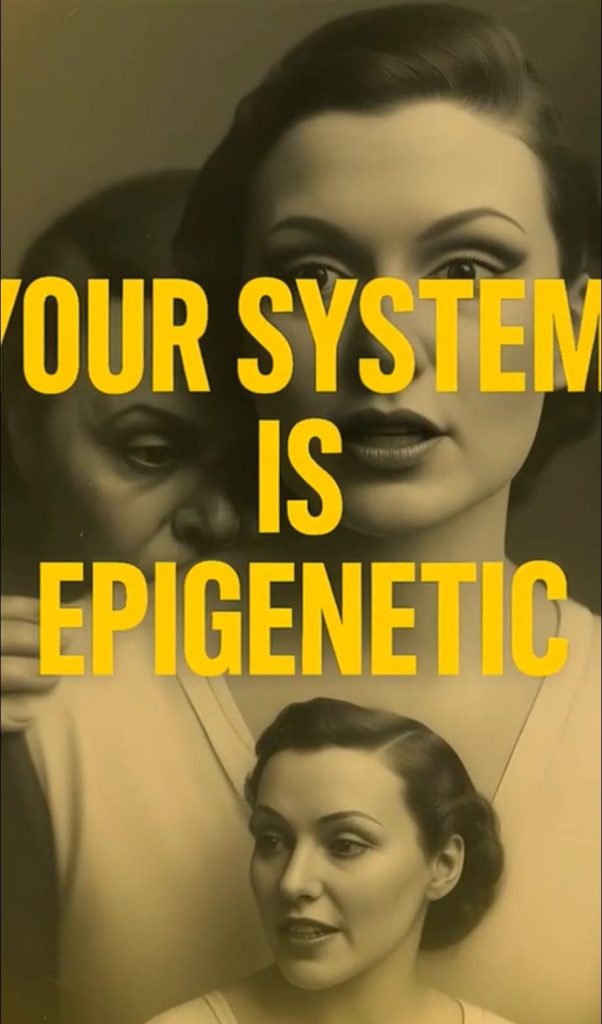
The Amygdala of Success
A deep journey into what moves you, holds you back, and what ‘success’ truly means. In just 6 hours, you will experience 12 revealing dynamics connecting you with your inner motivators and unlocking new ways to move forward. There are only 12 places available. If you feel it’s time to align what you do with what matters, this training is your cue
Raising awareness on Climate Change
When the Dust Settles. The podcast
Amazon Rainforest.
Why it matters - The Flying River
This AI-integrated exercise bridges the gap between traditional learning and modern technology, providing students with a well-rounded approach to research, content creation, and digital literacy. By engaging with AI tools, they will develop essential skills applicable in various academic and professional settings.
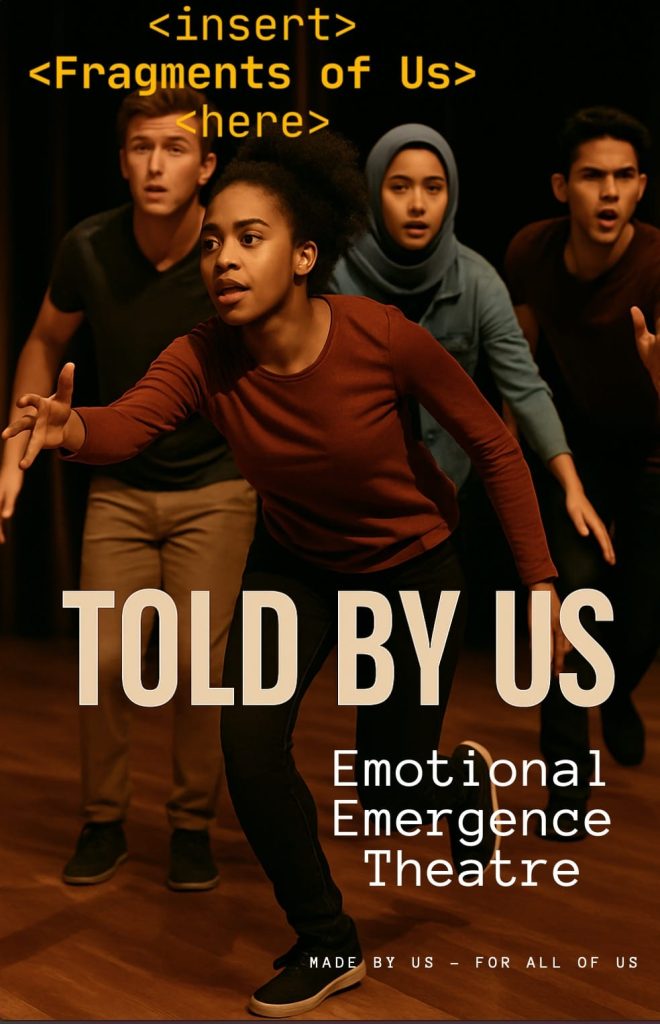
“Fragments of Us” is a participatory theatre project born from the urgent intersections of climate change, migration, and the emotional landscapes they leave behind.
The Emotional Emergence Theatre
It invites a group of young people who have lived through environmental disasters such as the DANA storms in Valencia, alongside migrant youth facing the compounded challenges of displacement, to co-create a performance rooted deeply in their lived experiences.
Building on the fundamental human instinct to tell stories through speech, gesture, memory, and improvisation, the project begins with a radical premise: that emotional truth must be the architecture of the performance. Rather than shaping stories to fit a pre-designed theatrical structure, we will allow the structure to emerge organically from the participants’ emotional realities.
Through a carefully designed series of storytelling workshops, emotional mapping exercises, and theatrical improvisation labs, participants will reframe their memories into collective scenes, movements, and voices. Together, we will explore how feelings become actions, how fragmented memories can generate dramatic power, and how unheard narratives can be transformed into communal acts of presence, resistance, and healing.
The ultimate goal is to create a powerful, emotionally charged theatre piece that resonates deeply with audiences and develop a replicable, participant-driven methodology—Emotional Emergence Theatre—for future projects engaging vulnerable or displaced communities.
“Fragments of Us” is not only a theatre performance. It is a living Human archive of emotion, resilience, and transformation — a new way of making theatre with, by, and for those whose stories most need to be heard.
Three artistic labs deliver the final replicable Virtual Interactive Emotional Emergence Theatre methodology, a Podcast, and a Game to offer a critical and reflective view on social, political, or historical issues.











